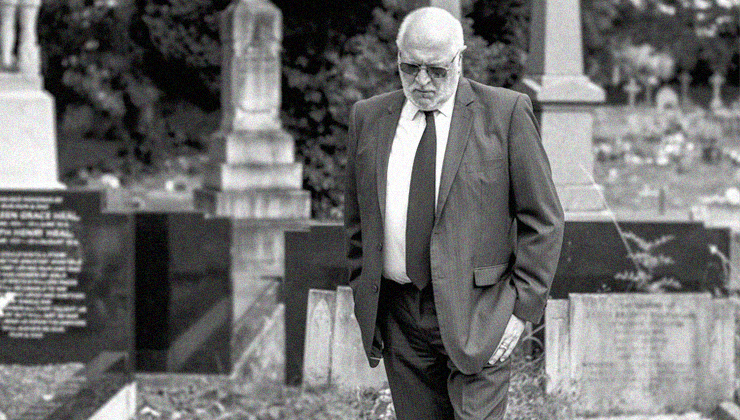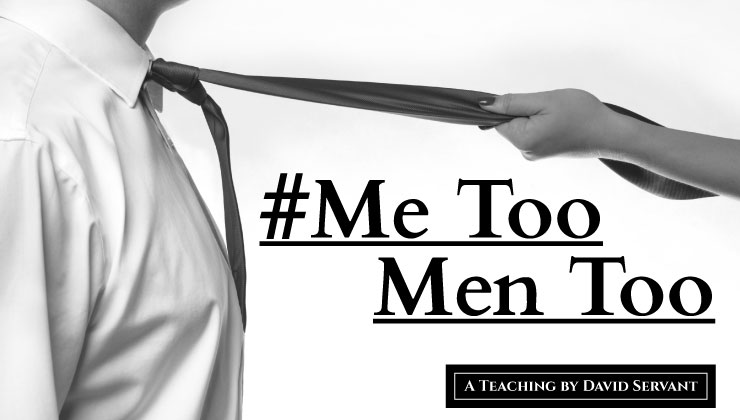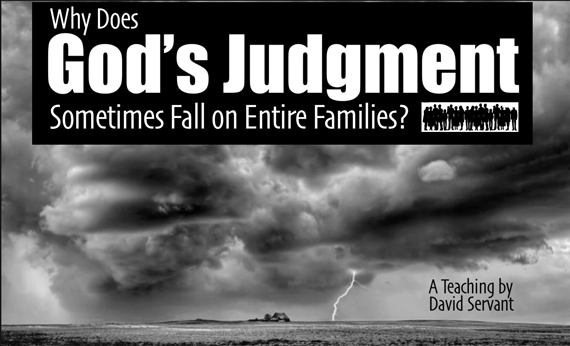Why do we all eventually die? In this Little Lessons series, Bible teacher David Servant tackles this age-old question with the wisdom and hope of God’s Word. Learn more!


Why do we all eventually die? In this Little Lessons series, Bible teacher David Servant tackles this age-old question with the wisdom and hope of God’s Word. Learn more!

Note: This teaching is for adults only.
“Help!” someone recently wrote David, “My husband will not have sex with me!” In this Little Lesson, David addresses this sensitive question with the hope of helping those who find themselves in such marriages. Learn more!

Note: This teaching is for adults only.
It certainly is rare for a culture to climb morally upward when it comes to sexual standards. Generally speaking, it seems that cultural sexual standards trend downward, and that trend has only accelerated with the advent of photography, movies, television and the internet. Over the past sixty years of my life, the sexual standards of American culture have sunk deeper by the decade.

There are some who deny the need to fear God, choosing to focus only on His love. And there are others who focus only on the fear of God and forget about his love. So what is the difference between a healthy fear and an unhealthy fear of God? Learn more!

In Galatians 5:4, the Apostle Paul talks about falling from grace and being severed from Christ. What does this mean? And how can you know if you’ve fallen from grace? Learn more in this Little Lessons series!

The Bible certainly contains plenty of stories about evil people getting what they deserve. Although God is longsuffering and merciful, there are limits to His tolerance, and unrepentant wrongdoers eventually reap what they’ve sown. When God’s mercy ends, His judgment begins.

I must confess that I enjoy reading Bible stories that feature bad guys getting what they deserve. (Don’t we all love justice—when it applies to other people?) On the other hand, I’ve found myself concerned when I read biblical stories that seemingly portray God as unjust, when, for example, His judgment falls on the entire family of one wicked man. Why do children and spouses sometimes suffer for the sins of their ungodly family members? If you read the books of 1 and 2 Kings, for example, you’ll discover at least three such incidents. God’s wrath fell upon some families of evil men to the degree that, not only were their sons annihilated, but also other members of their extended families.
So how is that just? As Abraham said to Lord while he interceded for the people of Sodom: “Far be it from You to do such a thing, to slay the righteous with the wicked, so that the righteous and the wicked are treated alike. Far be it from You! Shall not the Judge of all the earth deal justly?” (Gen. 18:25).
Let’s take a closer look at three kings of Israel—Jeroboam, Baasha, and Ahab, who all suffered familial judgment, to see if there is anything we can learn.
This month I’ve decided to republish an e-teaching that now seems very relevant in light of what is occurring across the U.S. Once again, Jesus is the answer to every human problem, including racism. May this article help bring healing, and more importantly, may it bring glory to the One who created only one race—the human race—who universally share DNA that is more than 99% identical.
David

Have you ever observed a fly trapped behind your car’s windshield, fighting futilely to find an escape? All of your car’s side windows might be wide open, but it never occurs to that frustrated fly to try anything different than continuing to search for a way through an invisible, impenetrable barrier.
You can’t help but feel sorry for such a fly and, if you are bent towards mercy, you might try to swish him towards an open side window. Most flies, however, will resist your effort to help them, and your attempts only make them more determined to do the impossible. Eventually, they’re lying dead on your dashboard.
The pity we all feel for such frustrated flies is analogous to what followers of Christ feel every day for everyone else. We observe people’s recurring misery and frustration, and we know full well that so many of their problems could be resolved if they would only submit to Jesus. He would forgive them, open their eyes and set them free, fill them with His Spirit, and teach them His ways.
Have you received your stimulus check from the government? If you’re a US reader, you may have recently discovered a big deposit from the government in your bank account due to coronavirus (COVID-19) hardships. Wondering what you should do with it? Discover more in this Little Lessons series with David Servant!

Is the coronavirus (more commonly known as COVID-19) from God or the devil? Some Christians believe that this dreaded virus is from Satan and could not possibly be from God. But is this view actually biblical? Learn more!
